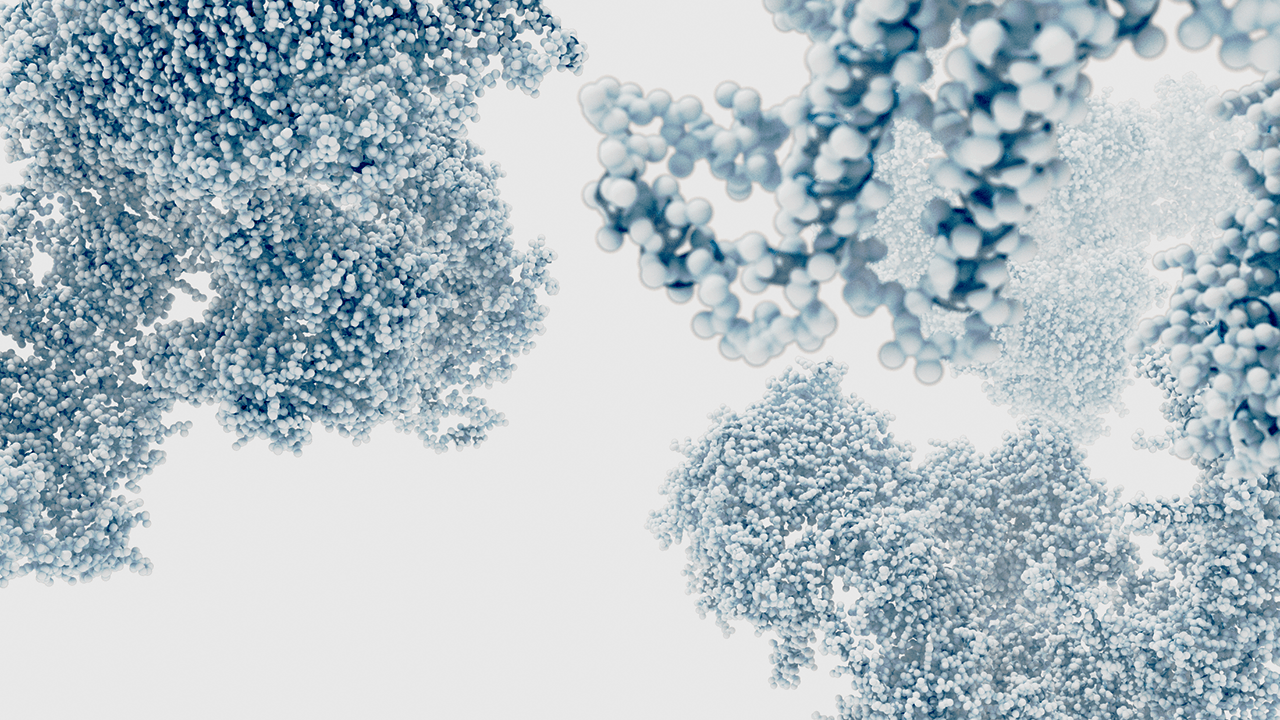Barcelona-based Zymvol wants to spread enzymes. Everywhere. From the pharma industry to the chemical and food industries enzymes, and the discovery and widespread usage thereof is big business.
In order to facilitate the improved and sustainable usage of these building (or breakdown) proteins, Zymvol has raised €1.3 million to accelerate the discovery and development of new industrial enzymes through computer simulations.
The seed funding was provided by French deeptech specialist VC Elaia Partners.
As a quick high school biology class refresher: Enzymes are proteins that are naturally found in living organisms, and responsible for catalysing millions of chemical reactions.
Beginning in 1874 when the Danish chemist Christian Hansen produced the first specimen of rennet (a substance used in the production of cheese that breaks the solid particles in milk away from the water content in order to form a solid mass) by extracting dried calves' stomachs with saline solution, various industries have enzymes them to improve the properties of their products.
Head on over to your laundry basket, and you’ll find a prime example: detergents with better stain removal. Likewise, enzymes have been used to substitute not-so-environmentally-friendly, traditional catalysts.
Sounds great, right? As in, why aren’t we using enzymes everywhere? Well, the problem lies on the factory floor. Literally.
While enzymes can be successfully applied to an industrial process, they have to actually make it to this process first. With significant changes in pressures and temperatures are oft to be found in a factory environment, said enzymes don’t always like to be jostled about so much.
Normally, the process of engineering a factory-friendly enzyme would take months, in some cases years, of lab work, and as you can imagine, ultimately cost ineffective.
Where Zymvol steps in is by offering a computerised simulation of challenging environments as opposed to these costly lab hours, and according to the company can do the same job with better results in half the time. And cheaper.
“Biocatalysts have proven to be an effective solution in reducing emissions and harmful chemicals in industrial production, but it is still under-used due to the complexity of its implementation,” explained Zymvol co-founder and CEO Maria Fátima Lucas.
But wait, there’s more.
Beyond the cost savings, according to Zymvol their approach can lead to happy accidents. Without the eyebrow-losing experiments often produced by Dr. Bunsen Honeydew and Beaker.
Through its simulations, Zymvol is able to discover enzymes for a target reaction without prior knowledge.
What this translates to is companies unlocking potential projects that know which target chemical
reaction they want to achieve, but don’t know if there might be an enzyme for it. A.k.a a happy accident - think penicillin, for example.
“It’s no wonder that with the increasing need to maintain competitiveness and comply with sustainability standards, more companies are looking for the right enzyme to help them produce better products,” concludes Maria Fátima.



Would you like to write the first comment?
Login to post comments